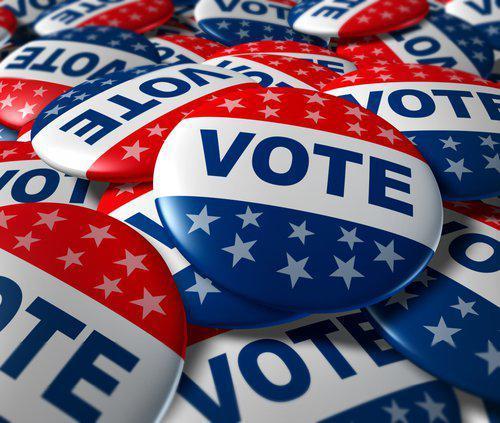Truth in Politics Laws
 It is not a controversial statement to say that advertisers often stretch the truth, but the law does place limits on what they can say. A company that spins the facts too much may risk a lawsuit because of false advertising and unfair competition. The lawsuit can come from either the FTC or from a competitor. Interestingly, a similar law exists in Wisconsin with regard to politics. Statute 12.05 makes it a crime to “knowingly make . . . a false representation pertaining to a candidate . . . to affect voting at an election.” Yet, these truth in politics laws are often difficult to enforce because of the First Amendment concerns that they raise. Still, a Wisconsin state assembly race may give rise to a criminal case under that statute
It is not a controversial statement to say that advertisers often stretch the truth, but the law does place limits on what they can say. A company that spins the facts too much may risk a lawsuit because of false advertising and unfair competition. The lawsuit can come from either the FTC or from a competitor. Interestingly, a similar law exists in Wisconsin with regard to politics. Statute 12.05 makes it a crime to “knowingly make . . . a false representation pertaining to a candidate . . . to affect voting at an election.” Yet, these truth in politics laws are often difficult to enforce because of the First Amendment concerns that they raise. Still, a Wisconsin state assembly race may give rise to a criminal case under that statute
The State Assembly Race
The controversy in the race surrounds a mailing by an independent group against candidate Dan Robinson. The group made several statements that Robinson contests such as the fact that he voted on the side of sexual predators as opposed to children or that he voted to give himself a pay raise. The issue is that not all of these claims may be actionable under the law.
The law requires that the statements made be actually untrue, and it requires the person making the statement to have known that. It is a high bar to meet. For instance, the sexual predators claim, though phrased in an inflammatory manner, may not actually be demonstrably false depending the way Robinson voted on certain issues. Even the pay raise claim, which Robinson has alleged to be provably untrue, may not give rise to a claim if the prosecution cannot find evidence that the group knew that the statement was false.
Concerns about Truth in Politics Laws
While these standards may seem harsh, the truth is they are in place for a good reason. American law is unique in the high value that it places on the freedom of speech. It is enshrined in the First Amendment, and one could argue that it is the most strongly protected right that citizens have. The founders made freedom of speech a constitutional right particularly because of its importance to the democratic process. American judges are leery of letting these sorts of truth in politics laws stand because they may impinge on this value.
Of course, no one thinks that demonstrably false statements are good for the political debate, but courts would rather leave political speech with too few constraints than too many. Consequently, the high standards for criminalization of political speech are important to ensuring robust political discourse, especially in light of the fact that the Supreme Court has stated that, in regard to bad speech, “the remedy to be applied is more speech, not enforced silence.”
Truth in politics laws are just one form of campaign law that politicians need to be aware of. If you are facing campaign finance or other charges, contact an experienced Milwaukee criminal defense attorney today.







